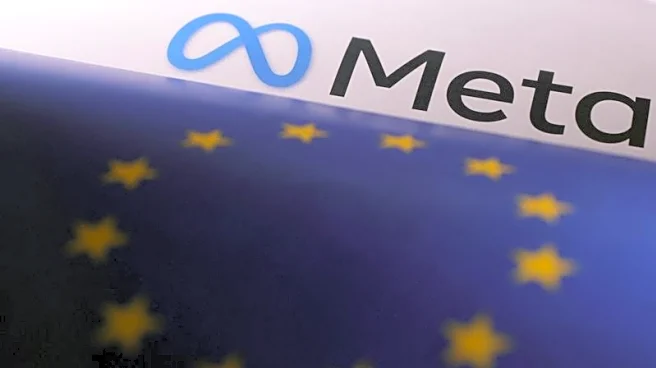What's Happening?
As AI adoption grows, concerns about its impact on entry-level hiring in white-collar professions are rising among college students and their families. Predictions suggest AI could reduce hiring by 50% in the next five years. Despite these concerns, historical
patterns show that technological advancements often lead to new opportunities. Experts advise students to use AI as a competitive advantage, develop transferable skills, and build interpersonal relationships to navigate the evolving job market.
Why It's Important?
The potential reduction in entry-level jobs due to AI highlights the need for students to adapt to changing economic conditions. By leveraging AI as a tool rather than a threat, students can position themselves for success in a competitive job market. Developing broad skill sets and maintaining strong professional networks are crucial strategies for career resilience in the age of AI.
What's Next?
As AI continues to evolve, students and educational institutions may need to adjust curricula to focus on skills that complement AI technologies. The emphasis on adaptability and lifelong learning will become increasingly important as the job market shifts. Students are encouraged to embrace AI as part of their professional toolkit, using it to enhance their capabilities and career prospects.
Beyond the Headlines
The discourse around AI's impact on jobs reflects broader societal concerns about automation and its effects on employment. Ethical considerations include ensuring equitable access to AI education and addressing potential biases in AI-driven hiring processes.

















